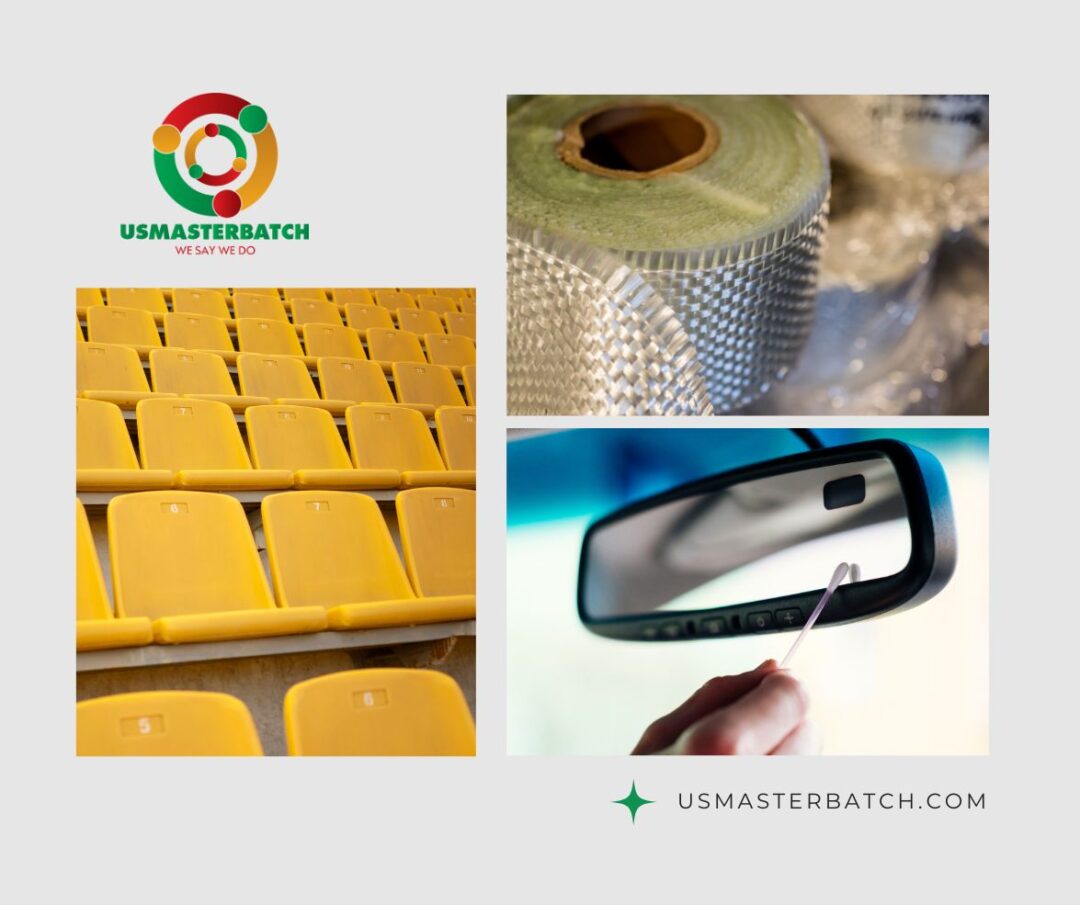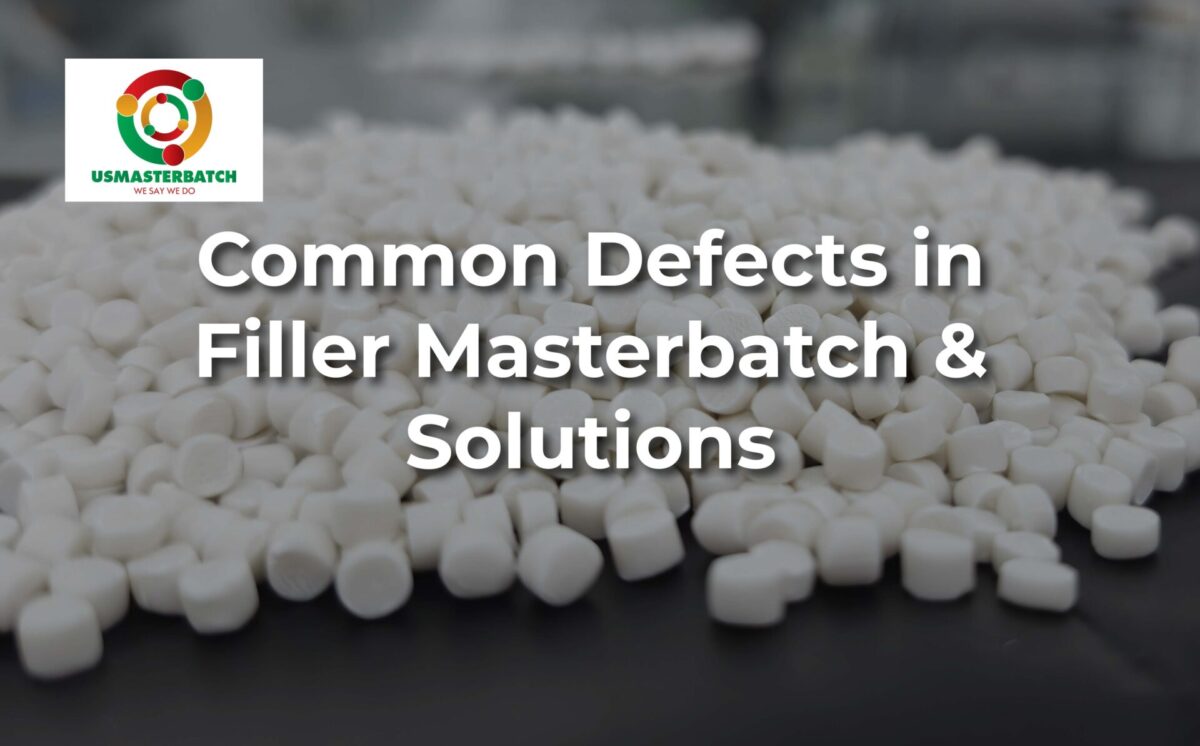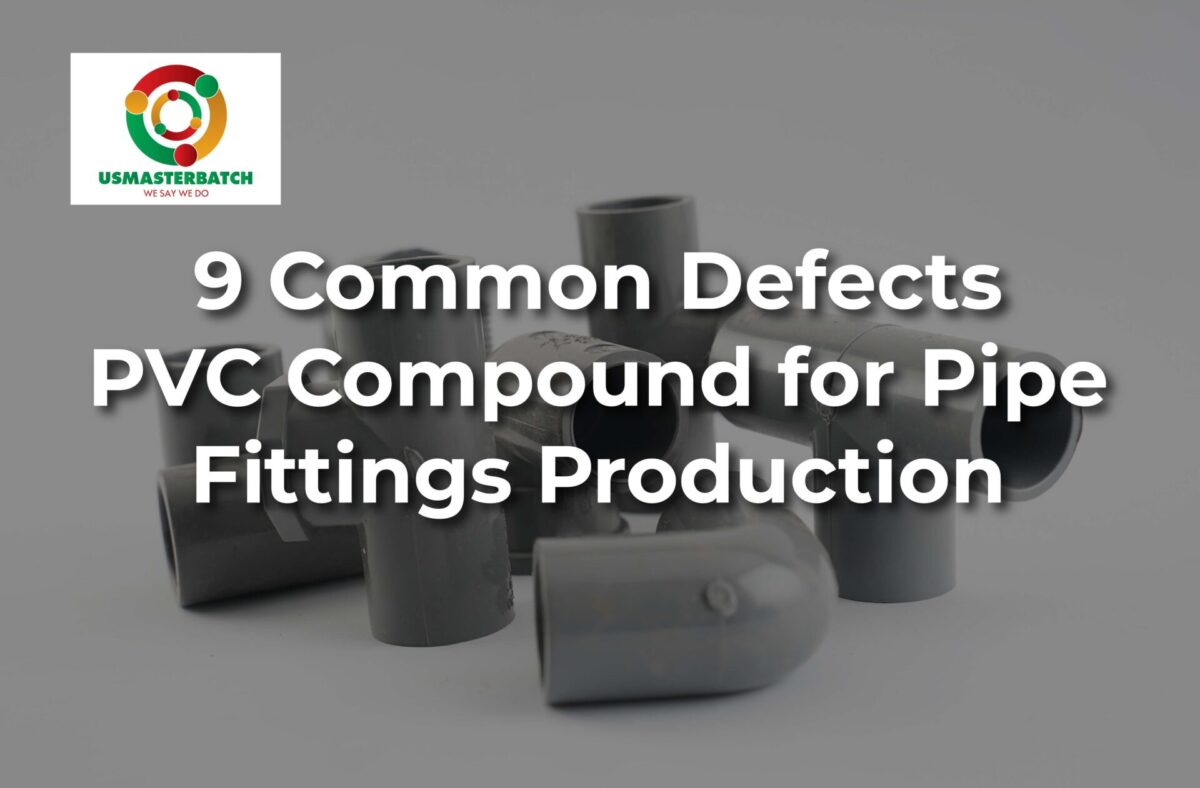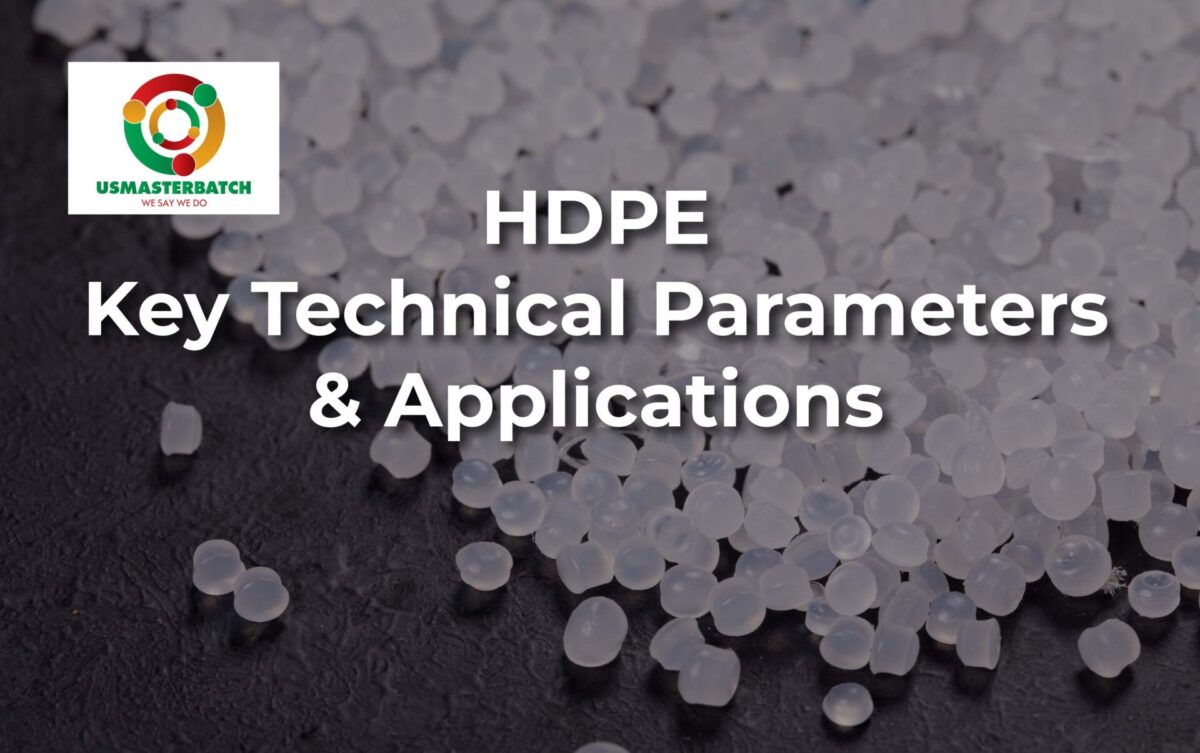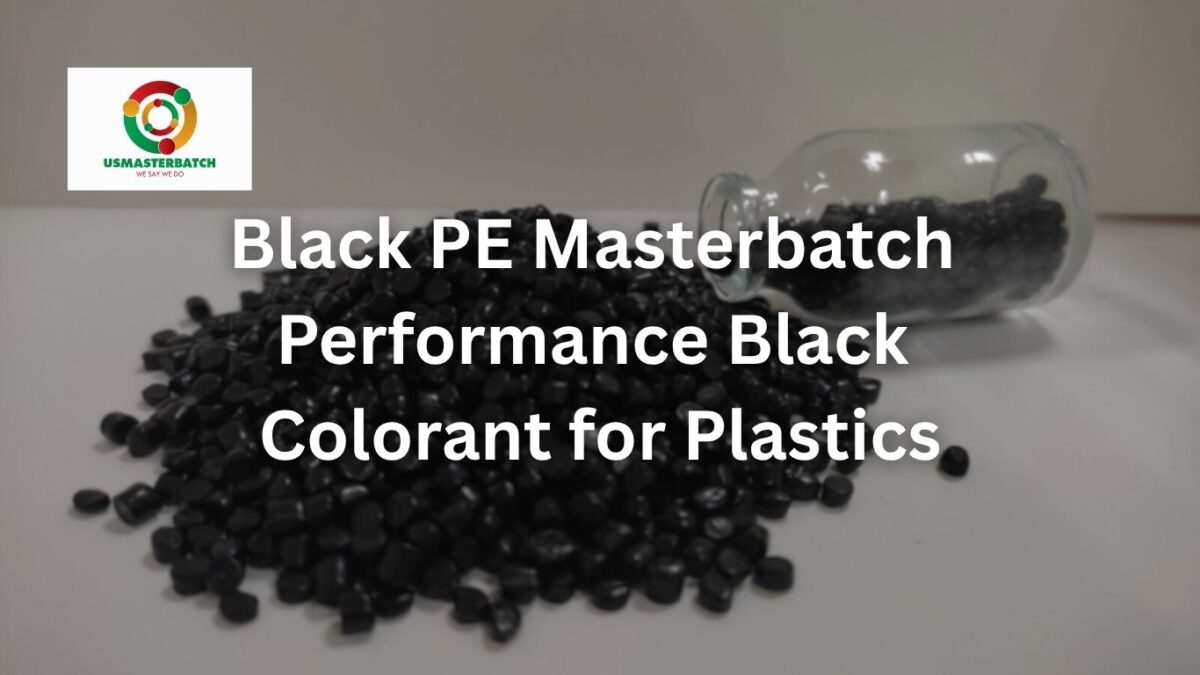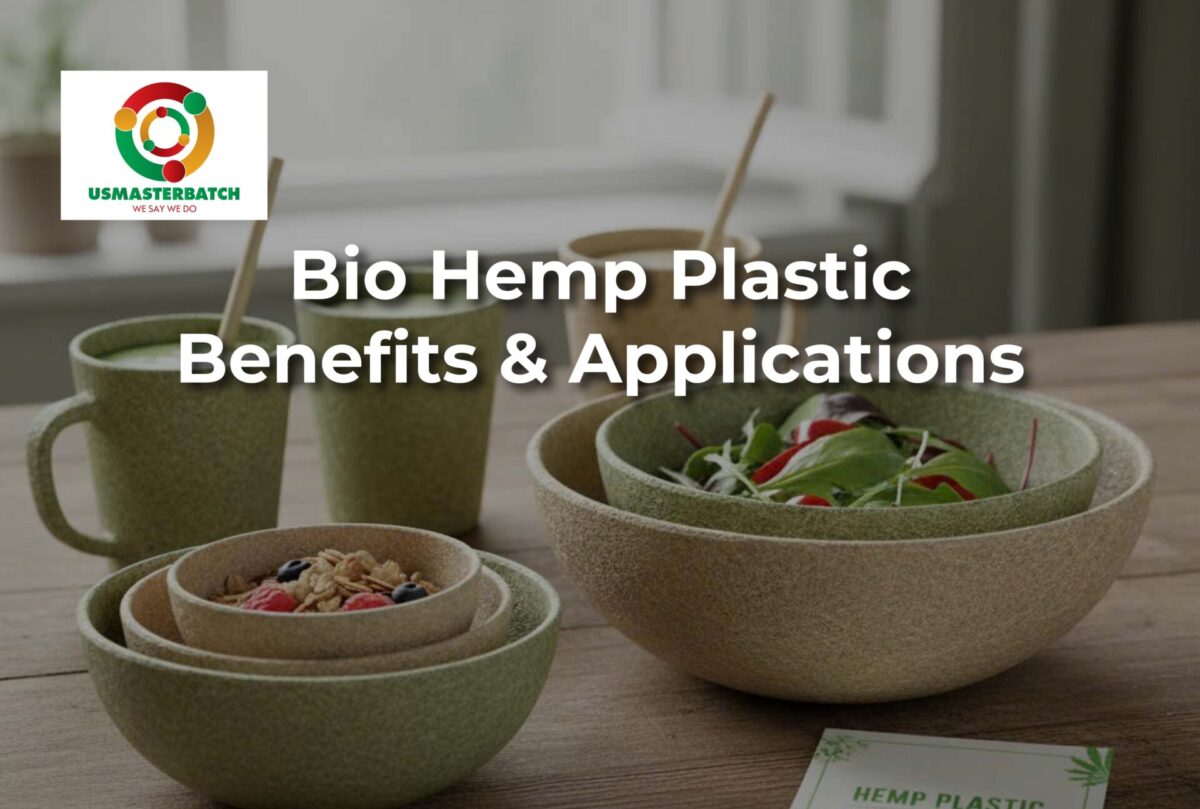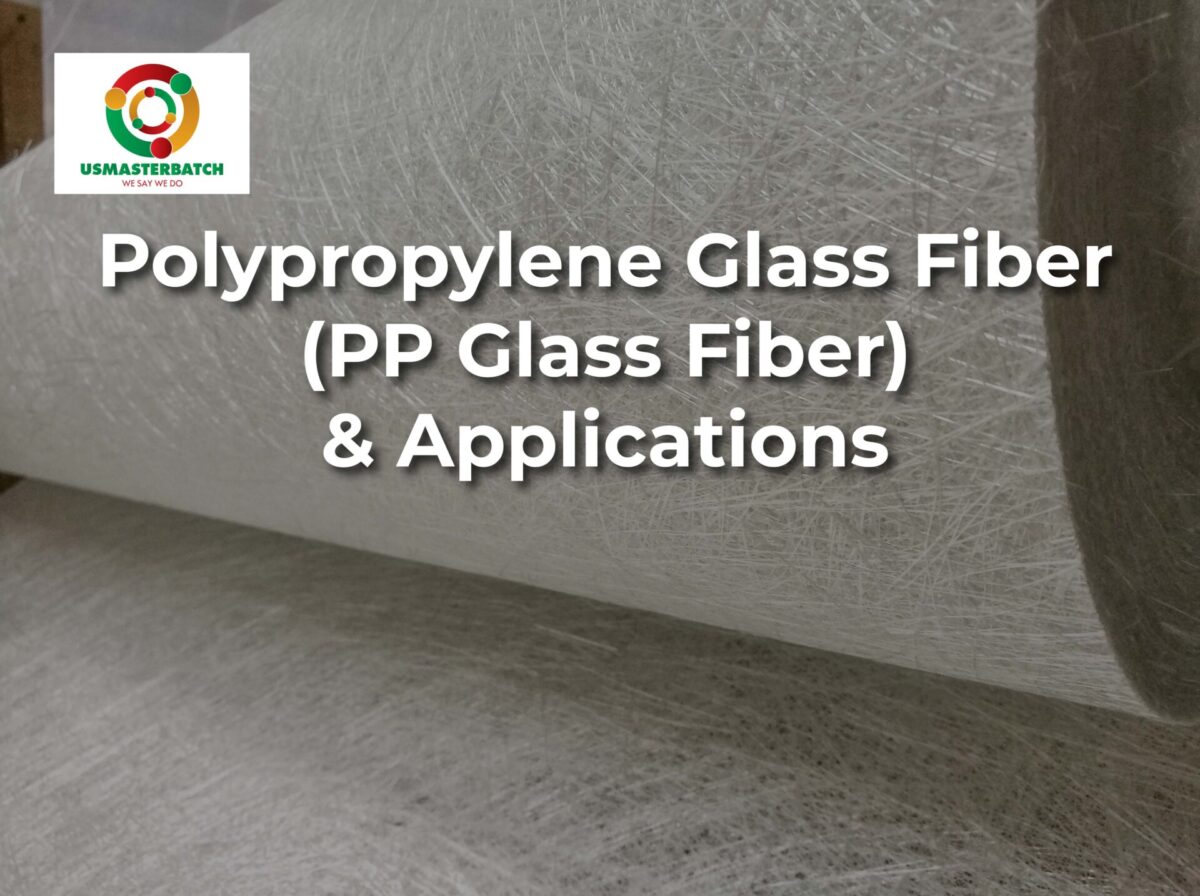
Polypropylene Glass Fiber (PP Glass Fiber) and Applications
1. WHAT IS POLYPROPYLENE GLASS FIBER (PP Glass Fiber)
Polypropylene Glass Fiber (PP Glass Fiber) is a connection between PP resin and Glass fiber, with the Glass Fiber content from 10 to 60 percent. This connection results in a new material which has more benefits compared with normal PP as belows:
- Higher durability and hardness: PP glass fiber helps to increase significantly the strength, hardness, and load capacity of end materials. As per technical specifications, PP glass fiber has modules from 4000 to 7200 Mpa, which is much higher than that of PP resin. The tensile strength reaches 60 to 97 Mpa, allowing the materials to withstand high load without deformation. The resistance to impact is notably improved, making the products durable under harsh conditions.
- Stable in dimension: Minimize the shrinkage and warping or materials under the change in temperature or harsh environmental conditions. With the shrinkage rate at only 0.2 to 0.4 percent, the end products can maintain the size after processing. This stability is very important to some applications which require high precision, such as engineering components, or machinery parts.
- Good thermal conductivity: Heat resistance is improved compared with PP resin. The materials can be stable at temperature from 130 degree to 138 degree without deformation, or degradation of properties. This is shown in the technical data sheet by the thermal deformation temperature index. Thanks to these characteristics, PP glass fiber can be used widely with application in high-temperature environments.
- High resistance to chemical: Resistance to chemicals like Acid, bazer or any other chemicals of PP resin. This property is enhanced by the appearance of glass fiber, which protect polymer structure from chemical attack. This kind of resistance makes PP glass fiber an ideal choice for application in a chemical environment.
- Flexibility in design: It has many complicated forms suitable for various requirements.
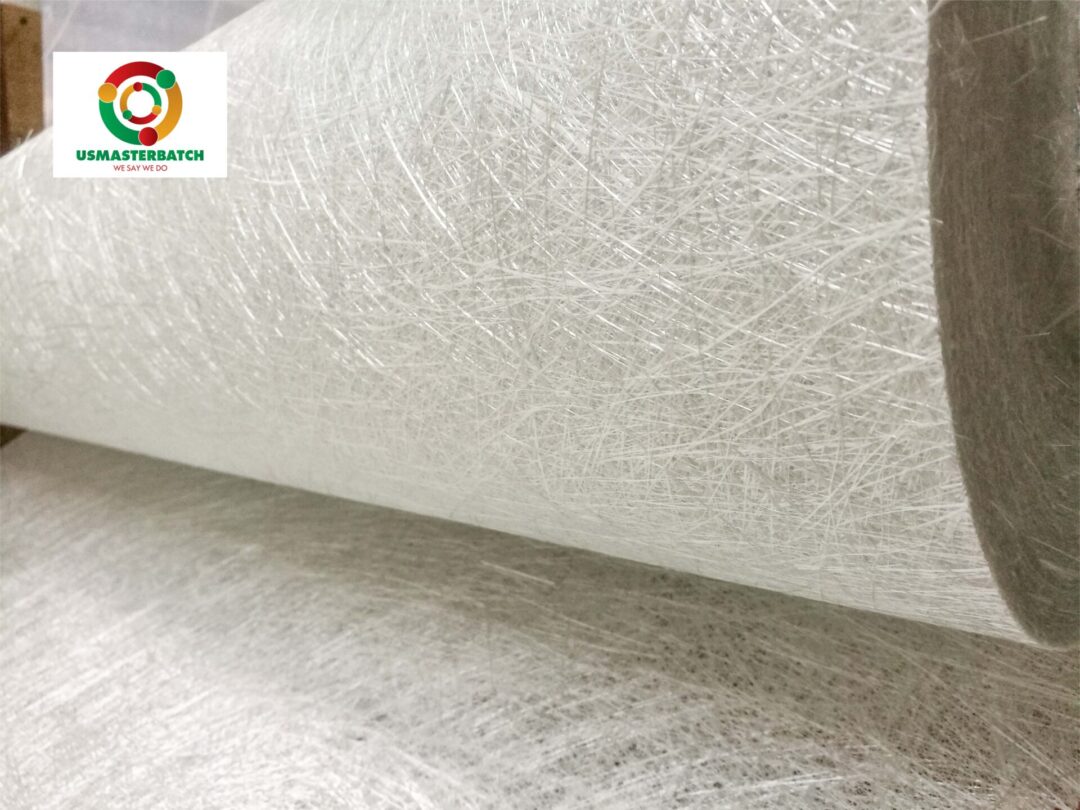
2. APPLICATIONS OF POLYPROPYLENE GLASS FIBER
2.1. Automotive industry:
– Interior components such as dashboard, door panels, and seats…
– Interior components such as bumpers, side mirrors, and chassis,…
Due to its high heat resistance and excellent durability, products made from glass fiber reinforced polypropylene compound can maintain stable performance under the extreme temperatures found in automotive engines.
2.2 Electronic industries:
– Equipment covers: Including all covers of computers, printers and household appliances,…
– Digital components: Some equipments require very high precision such as brackets and internal structures,…
The excellent electrical insulation properties combined with high dimensional stability ensure safety and durability for electronic devices.
2.3. Construction industry:
– Plumbing and fittings: Water pipe, vents and connecting fittings,…
– Panels and structural materials: Wall panels, partitions, and lightweight but durable structures,…
2.4. Household appliances:
- Furniture: Chairs, Tables, and outdoor furniture.
- Kitchenwares: Knives, scissors, and high–durability cooking utensils.
The impact resistance and high durability of the material help extend the product’s lifespan while ensuring aesthetics over time.
In conclusion, PP glass fiber brings a lot of benefits in industrial applications:
- Firstly, Polypropylene Glass Fiber can help to minimize production cost by creating high-strength products, which result in less maintenance or replacement cost. Even the initial production cost can be higher, the depreciation cost is less than normal PP thanks to its longer shelf life.
- In the automotive industry, Polypropylene Glass Fiber is highly appreciated thanks to its ability to reduce vehicle weight while ensuring high mechanical strength. This contributes to reducing greenhouse gas emission.
With many other superior advantages, Polypropylene Glass Fiber plays crucial roles in multiple industries. From automatic and electronic manufacturing to applications in construction or consumer goods, these materials significantly contribute to enhancing the quality and production efficiency of many modern industrial products.
